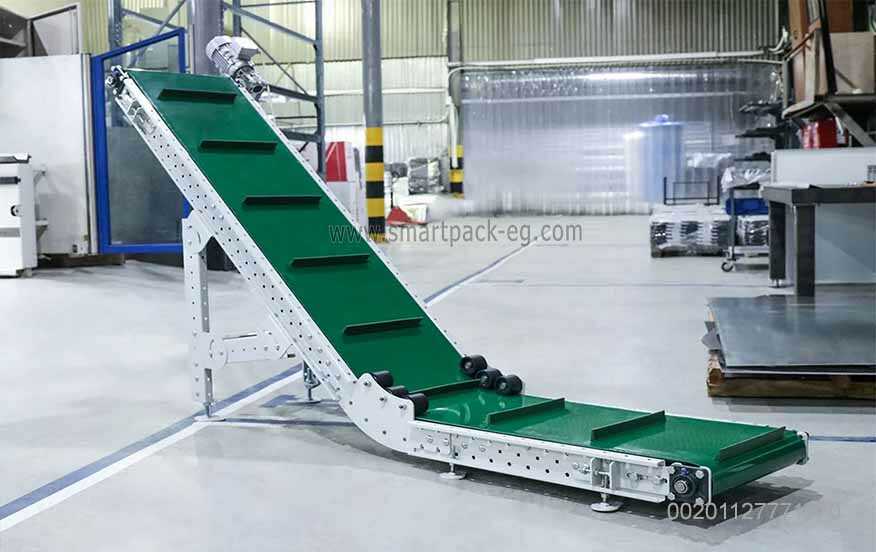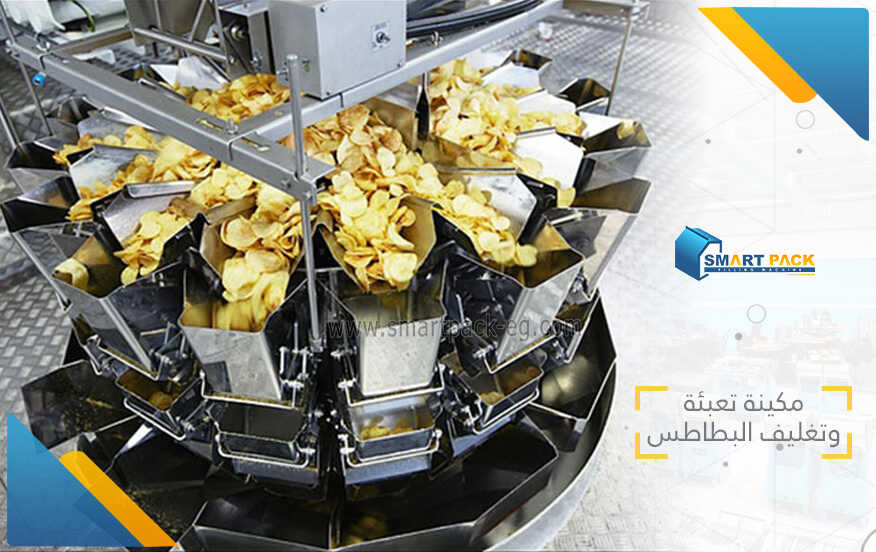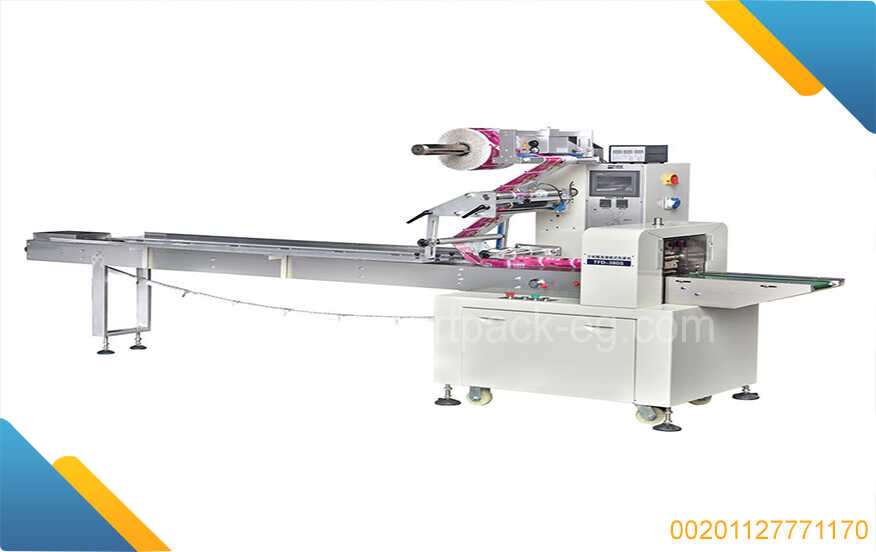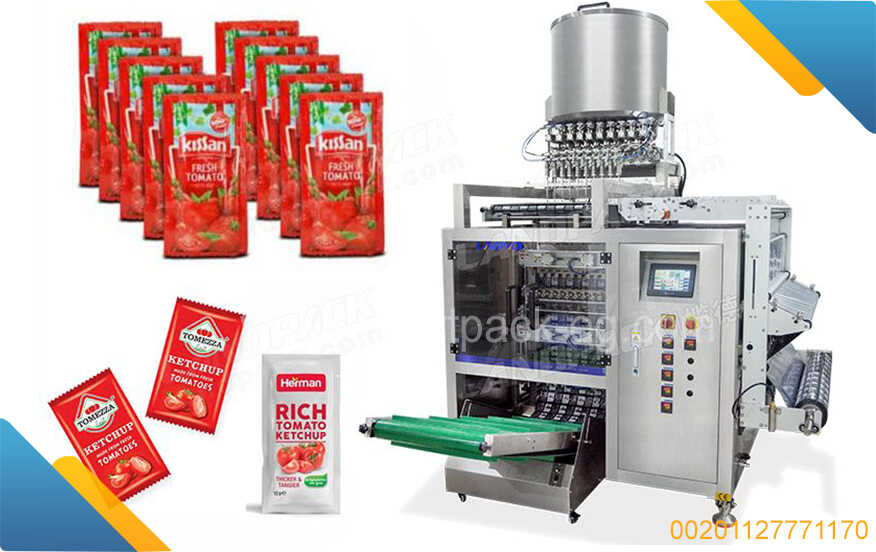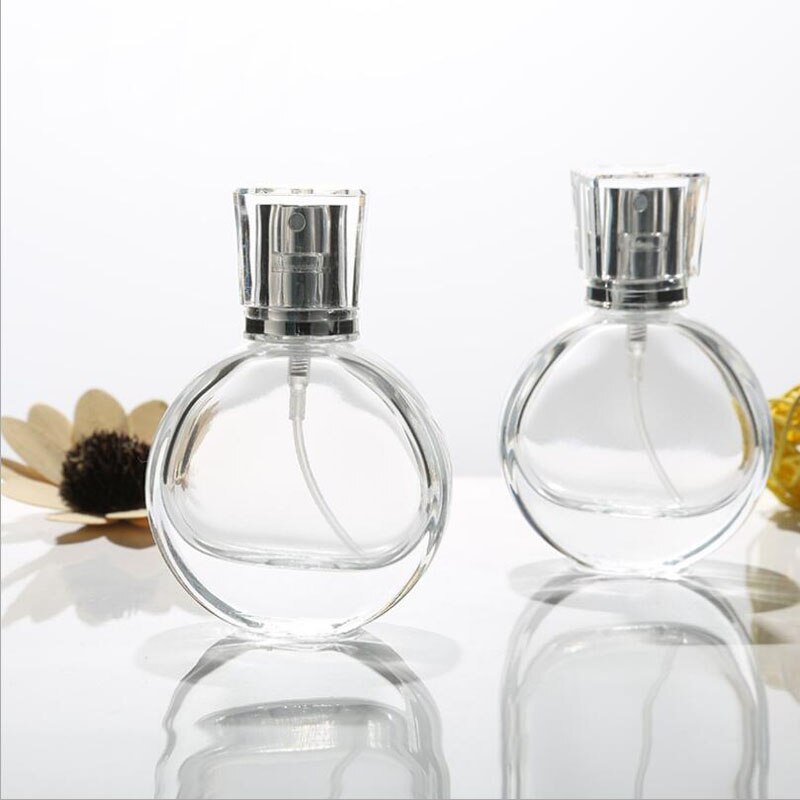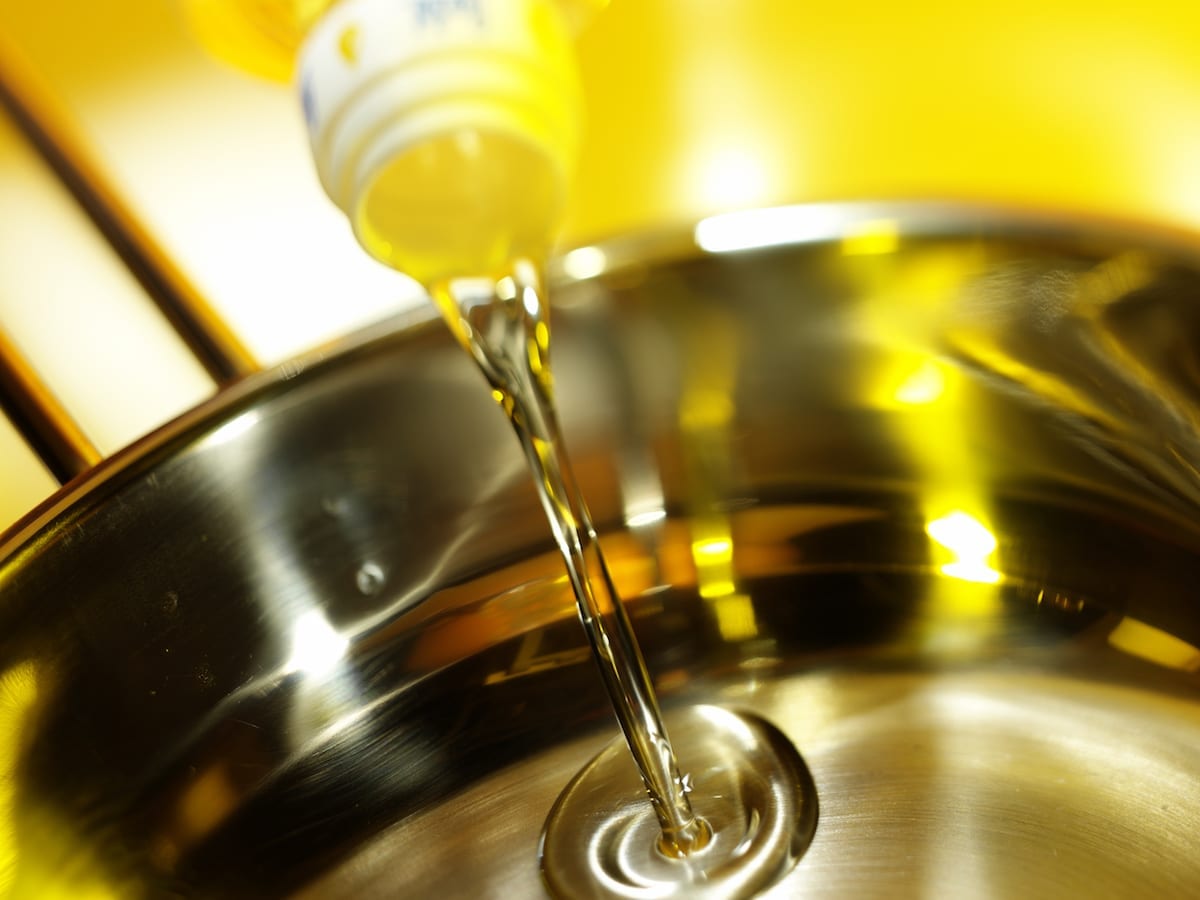Feasibility study of a mineral water production plant. The project involves establishing a mineral water production plant. Mineral water is considered one of the basic products in many Arab countries due to the scarcity of fresh water in those countries. Even countries with rivers face significant consumption of mineral water, as it is distributed at street points of sale. Mineral water is characterized by its high quality and free of impurities, which makes it in great demand.
The project aims to meet this huge demand through the production and provision of mineral water. We prepared a detailed feasibility study for the project that includes all the information and data necessary to successfully implement the project. Whether you are looking for a small water plant for sale or a mineral water plant for sale in Egypt or any other Arab country, we can provide the full details you need to run the project and know its cost.
Feasibility study of a mineral water production plant
Details we can provide you include:
Factory construction cost: We will provide you with details about the expected costs of building the factory, including the costs of the necessary structures, equipment and supplies.
Plant Equipment: We will provide you with detailed information about the equipment required in the plant, including purification, packaging and quality control units.
Operating costs: We will provide you with an estimate of the costs associated with operating the plant, such as human resource costs, raw material costs, energy costs and maintenance.
Marketing and Sales: We will provide you with tips and strategies for marketing and promoting your product in the market, including analyzing the market and competition and identifying the target audience.
Financial projections: We will provide you with an estimate of the expected revenues, costs and potential profits of the project, including a breakpoint analysis and expected long-term revenues.
We guarantee to provide you with the information and analysis necessary to achieve the success of your mineral water plant project. If you have any additional questions or need specific information, please feel free to ask.
The project is being implemented in a mineral water factory that works on two main axes: manufacturing bottles intended for bottling, purifying and bottling mineral water.
If full capital is not available, the idea of manufacturing bottles can be abandoned and imported from specialized supply factories. However, importing bottles may affect the production speed of the factory and increase production costs. In comparison, obtaining bottles through private manufacturing will be more expensive.
The plant feasibility study is based on the two main axes mentioned, but it can be modified to fit a single axis if necessary.
Factory capacity per shift:
- 1,000 liters of water are purified per hour, i.e. up to 8,000 liters per shift (which takes 8 hours).
- 1,100 bottles can be manufactured per hour using a 2-gallon machine, so 8,800 bottles can be produced per shift.
- 24 bottles are filled per minute with a capacity of 1000 ml, thus 1440 bottles can be filled per hour, thus 11520 bottles are filled per shift.
- 1,000 stickers are placed on bottles per hour, and thus 8,000 stickers can be placed per shift, which is equivalent to the number of bottles manufactured of 8,000 bottles.
Production quantities in each of the previous lines can be increased by making some modifications to the machines to increase the production rate.
Mineral water plant operations consist of six basic steps that must be completed in their correct order:
Purification and storage: This stage includes purifying the water used from an external source in the water purification plant. After purification, the water is stored in stainless steel tanks.
Rinsing, Filling and Capping: At this stage, the automatically made bottles are rinsed to remove any impurities or residue. The bottles are then filled with mineral water and the caps are placed on them automatically. Dates and batch information are also placed on the bottles before they are corked.
Sterilization: The bottles are sterilized, as they are treated with heat to ensure that they are free of harmful bacteria and microbes.
Packaging: After sterilization, the sterilized bottles are placed in special cartons or wrapped appropriately, and the expiry date and other information are placed on the packages.
Thermal gluing: At this stage, the stickers are glued to the bottles using a thermal gluing tunnel, whether on the glass body or the cap.
Final Packaging: In the last step, the properly filled bottles are final wrapped, making them ready for shipment and distribution to the markets.
These are the basic processes in operating a mineral water plant. Each step must be carried out carefully to ensure the production of high-quality mineral water and maintain the safety of consumers.
To manufacture mineral water, a variety of machines and equipment are required. Here is a list and description of some of the equipment needed:
Water purification unit:
- Water purification unit with a flow rate of up to 1000 liters per hour.
- It involves removing dissolved salts and dissolved solids from water.
Pipes and electrical system:
- Pipes are required to deliver water and materials needed in the process.
The factory needs an electricity system that provides the energy needed to operate the equipment.
Activated carbon filter:
- An activated carbon filter with a specific flow rate is required to remove organic matter and unwanted odors from the water.
Compact sand filter:
- A pressurized sand filter is used to purify water and remove impurities and large sediments.
Disinfectant device:
- A disinfectant device is used to sterilize water and kill harmful bacteria and microbes.
Reverse osmosis system:
- It consists of a filter network, a pump, a membrane, and a pressure vessel.
- It is used to remove pollutants and excess salts and improve water quality.
ozone generator:
- It is used to generate ozone and effectively sterilize water.
Stretch device

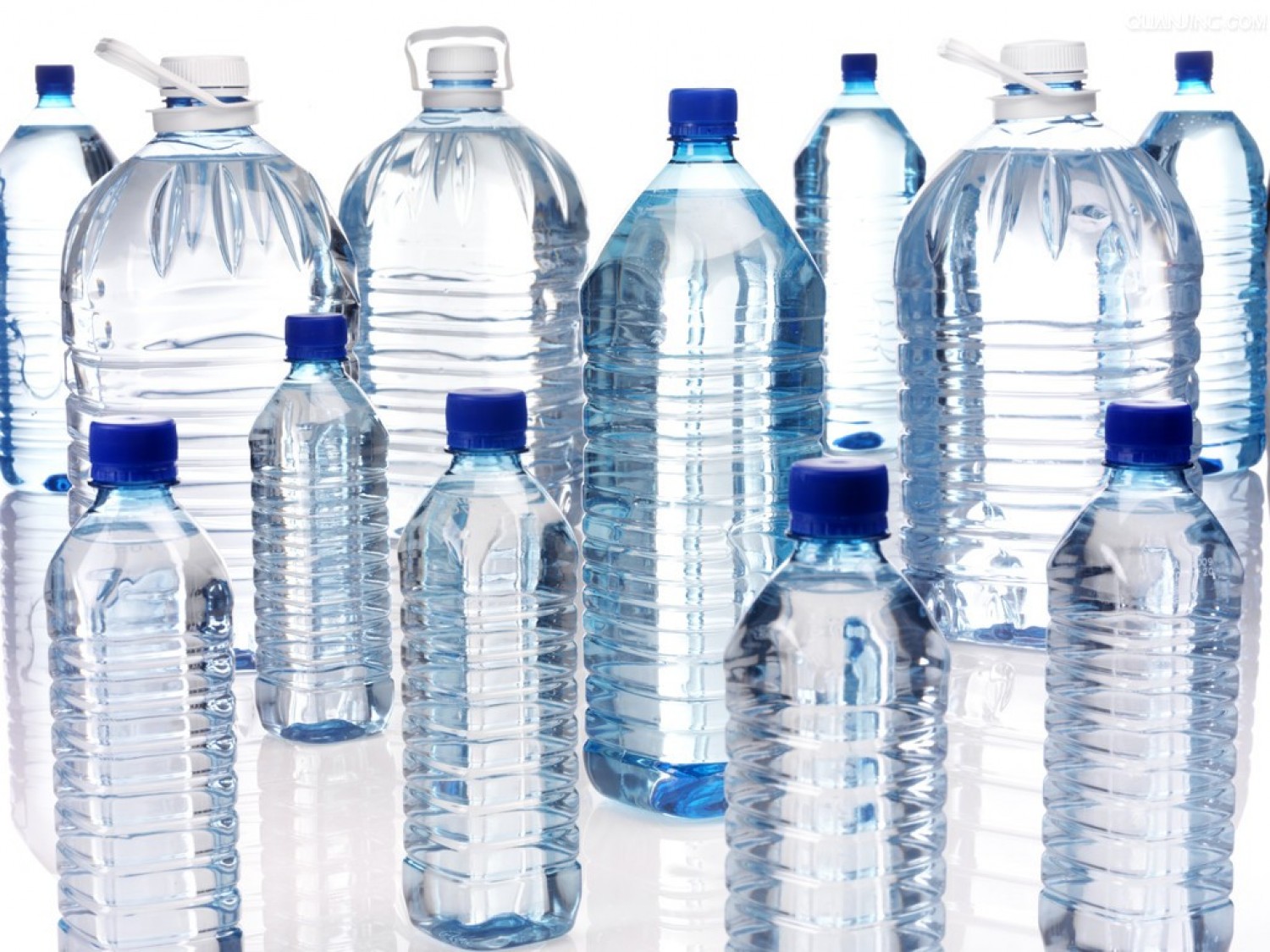
 Admin
Admin 